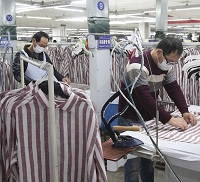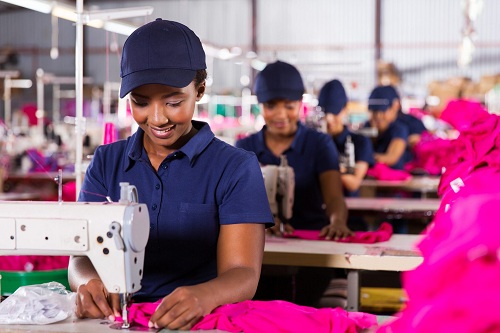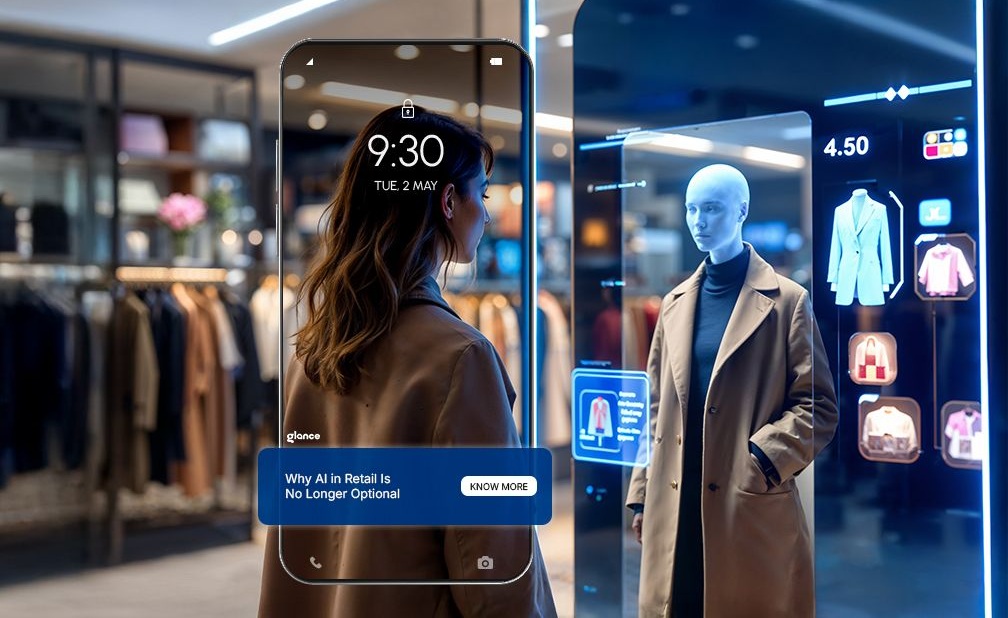 Recent import data published by the Center for Global Workers’ Rights and Workers Rights Consortium exposes the glaring economic imbalance between the fashion industry in Western countries and the rest of the world.
Recent import data published by the Center for Global Workers’ Rights and Workers Rights Consortium exposes the glaring economic imbalance between the fashion industry in Western countries and the rest of the world.
Faulty systems lead to industry fallout
The data indicates, since the pandemic hit earlier year, fashion companies across US and Europe have rejected over $16 billion worth of completed clothing orders. This has resulted in huge financial losses for suppliers in Cambodia, Myanmar, and Bangladesh who have had to either cut back operations or close them entirely. Lockdown measures have also resulted in huge drop in profits and a significantly low demand for new items, causing suppliers to disintegrate.
Working style needs to be reinvented
The current import system followed by the US and Europe puts the entire responsibility of paying employers, factories, materials and buyers on poorer countries. This often encourages top clothing brands, such as Kohl’s to cancel existing orders from Bangladeshi and Korean garment factories. Till date, several big labels have cancelled previously requested orders. As per the Guardian, brands like Topshop, Walmart, Urban Outfitters, and Mothercare have also refused to pay for completed orders.
factories, materials and buyers on poorer countries. This often encourages top clothing brands, such as Kohl’s to cancel existing orders from Bangladeshi and Korean garment factories. Till date, several big labels have cancelled previously requested orders. As per the Guardian, brands like Topshop, Walmart, Urban Outfitters, and Mothercare have also refused to pay for completed orders.
This imbalance exposed by the pandemic isn’t sustainable for long-term future, especially as lockdowns and international disease emergencies are likely to become even more common. The fashion industry needs to reinvent its current operating style and force big brands and companies to honor their purchasing commitments
Introduce legal-binding contracts
Also, the industry needs to step up efforts to prepare for outbreaks like COVID-19. Supply chain control needs to be taken out of the hands of wealthiest Western companies as they are well equipped to deal with the economic fallout. The industry also needs to introduce renewed insurance policies or new legal binding contracts to secure finances for suppliers.
Consumers also need to encourage brands to honor their sustainability commitments and help suppliers rather than investors. A few big brands like GAP, H&M and Zara are indeed coming forward to the aid of these suppliers by honoring their commitments. However, rather than being self-motivated, these brands are acting under the pressure of worker organizations and media outlets. It’s high time, they start looking at the bigger picture and work for the industry’s well-being.












